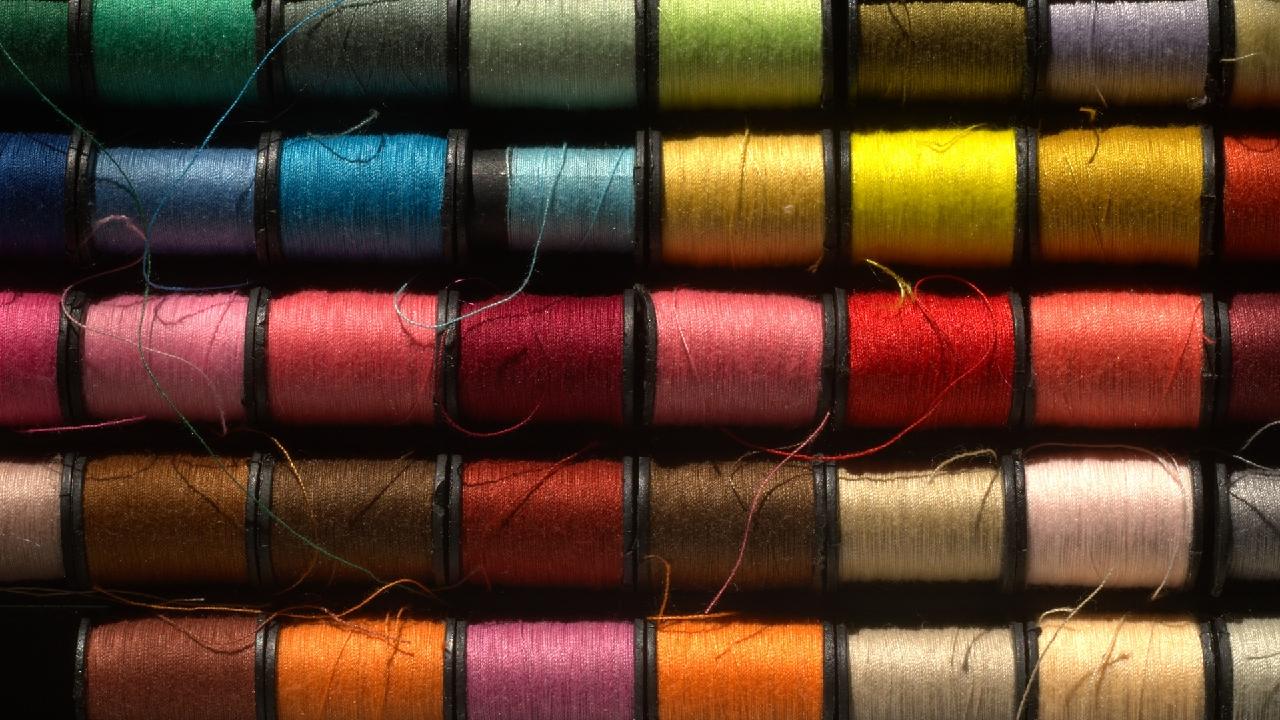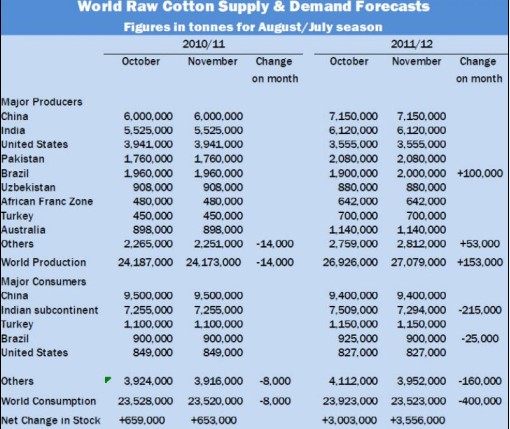|
Chinese garment manufacturers closely observe recent emergence of strikes in China, they believe that adequate compensation should be able to avoid street strikes by workers.
Industry analysts explained, as labor consciousness rises in China and labor shortage appears in some provinces, factory workers are more willing to take action demanding better pay and working conditions, so increasing turbulences have affects foreign-funded companies and Chinese factories.
Hundreds of employees from the Japanese electronics plant and Toyota auto parts supply factory in Tianjin went out on strike in recent weeks, and according to media reports, Chinese clothing and textile mills have also witnessed several strikes in recent months, for example, Wantai Group in Zaozhuang, Shandong province saw a collective labor strike, while workers from Pingdingshan cotton factory protested for better salaries.
Spokesman of Hong Kong-based labor rights group - China Labor Bulletin Geoffrey Crothall said, China Labor really feels gradual accumulation of pressure in recent time, because their pay has been deliberately suppressed. One strike leads to another strike, strikes show strong momentum in China.
Vice chairman of the Hong Kong Federation of Industries and general manager of Milo knitting company Willy Lin said, it is nothing new for the garment industry to hold salary negotiation and talks for other topics, garment factories have to increase wages before the Chinese New Year, if they want workers returned back for work. Factories in Guangdong Province increased wages by 20 percent this year and successfully attracted workers back to factories.
Willy Lin added that many garment workers are more skilled laborers compared to electronic or other technology industries, as employers have to take some time on training a knitting or sewing worker, they can earn about 2,000-4,000 Yuan (US $295-590) a month, far more than the minimum wage.
After 12 jumping suicide incidents taking place in Longhua factory under Foxconn Technology, Shenzhen, Guangdong, Chairman of Hon Hai group Terry Guo double hiked salaries, many garment manufacturers are watching follow-up effects of the events. Andrew Lo said, the garment industry would suffer greatly if the case of Foxconn will become a case, employees from other plants will seek comparable treatment.
Crothall believes that industrial unrest may continue to increase in coming months, particularly requirements against working conditions, as many factories have not improved work environment, while temperatures will become increasingly hot in near future, protest activities will also come in one after another.
|




